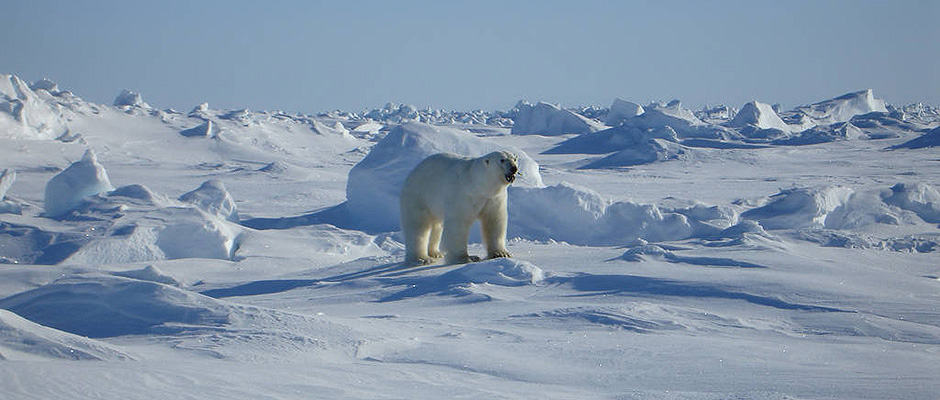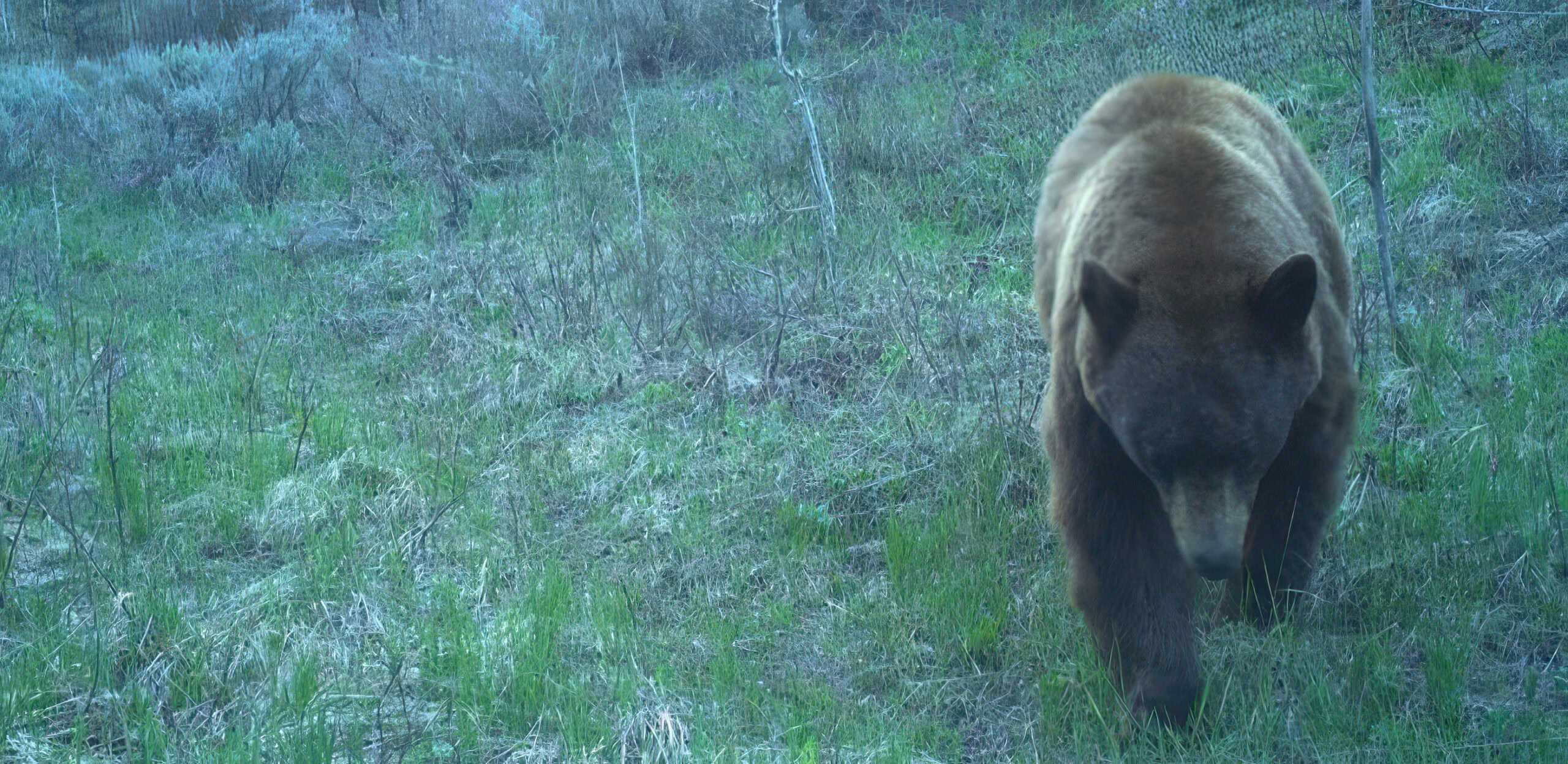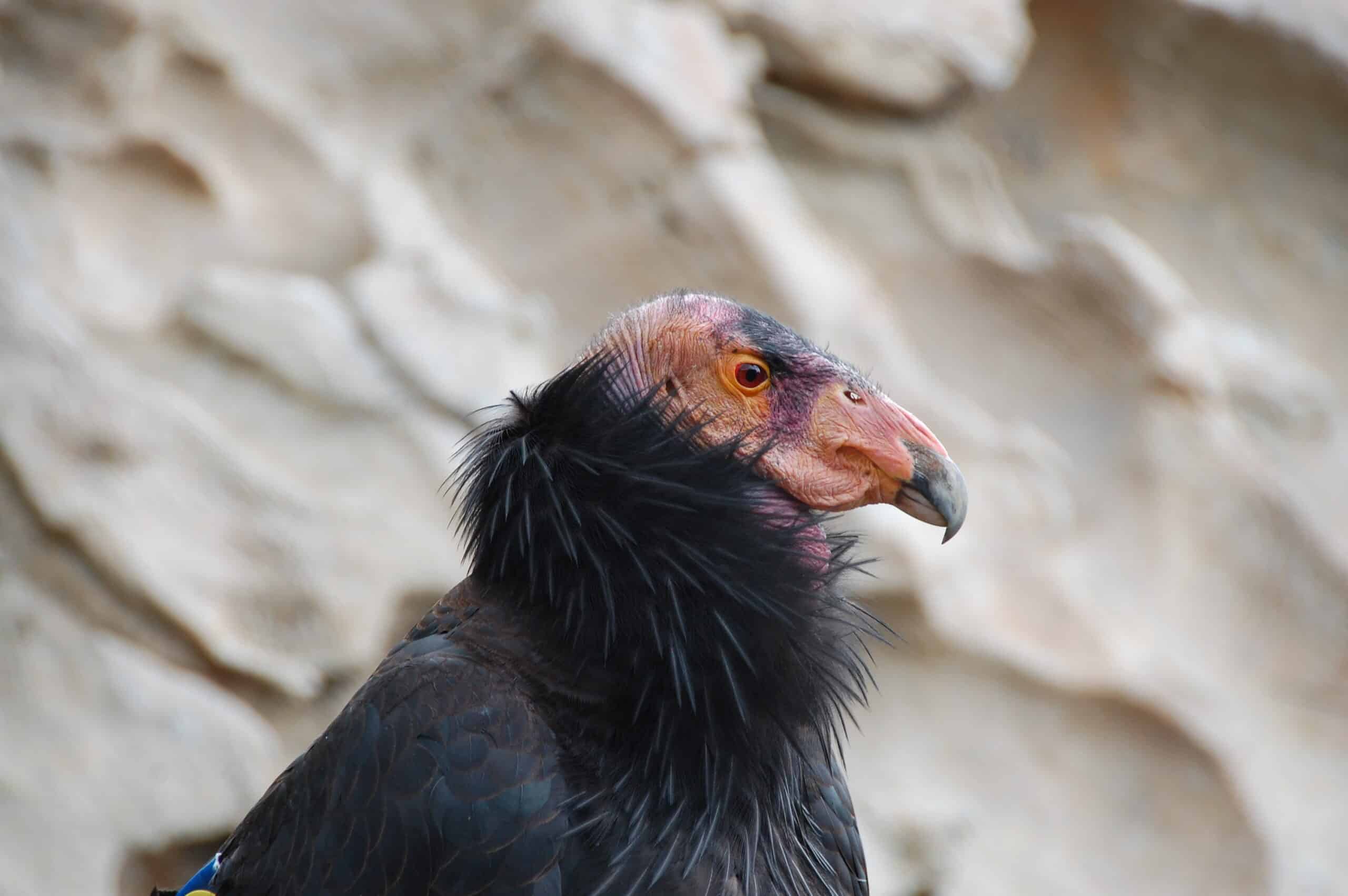Share this article
Polar bears Won’t Thrive on Land Food as Ice Melts
Polar bear populations whose main diet sources are disappearing with melting icebergs may not be able to subsist long on terrestrial food sources.
“Although some polar bears (Ursus maritimus) may eat terrestrial foods, there is no evidence the behavior is widespread,” said Karyn Rode in a release. Rode is a research wildlife biologist with the U.S. Geological Survey and lead author of a study released yesterday in Frontiers in Ecology and the Environment. “In the regions where terrestrial feeding by polar bears has been documented, polar bear body condition and survival rates have declined.”
Polar bears usually subsist on a high-fat diet based on different seal species and other marine food sources, Rode said in a phone interview. But she and others conducted a study that consisted of a large-scale review of available literature to assess whether bear populations could be sustained by feeding on birds, eggs and other food sources based on land as they lose their main nutrition sources due to disappearing ice and increasingly difficult hunting conditions.
Some researchers hypothesized that polar bears might be able to subsist on alternative diets after observing bears eating bird eggs in the western Hudson Bay region. But Rode said that only around 30 bears were seen doing this from a population that numbers around 900 in that area. And the western Hudson Bay population of polar bears is only one of 19 spread over the five countries where they live.
The researchers in the study did calculations on whether the entire 900 bears in that population would be able to subsist on eating bird eggs and found that on average, the eggs each bear could eat would only sustain each individual for a day and half. Rode said that eating eggs is likely to benefit individual bears as diet supplements — especially adolescent or smaller bears — but the entire population couldn’t be sustained on the eggs alone.
These extravagant feasts would also be unsustainable in the long run as they would likely result in the collapse of bird colonies.
Other polar bears also have been observed eating land-based food, and Rode said her team made calculations on the bears’ diets and metabolisms to see whether eggs and other food sources like kelp, berries, some mammals and other things could sustain the animals. But polar bears aren’t well-suited to eating plants and terrestrial prey is too protein-heavy and light on fat for them. Few foods provide as much energy as the high-fat marine prey.
“Focused research will help us determine whether terrestrial foods could contribute to polar bear nutrition despite the physiological and nutritional limitations and the low availability of most terrestrial food resources,” Rode said. “However, the evidence thus far suggests that increased consumption of terrestrial foods by polar bears is unlikely to offset declines in body condition and survival resulting from sea ice loss.”
Header Image: Image Credit: Eric Regehr, USFWS








